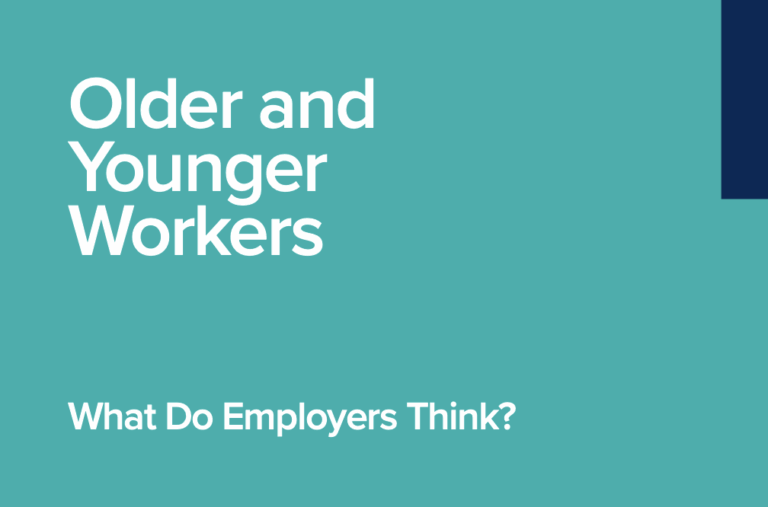ACTU wants four-day week at next productivity round-table (AFR)
The Australian Council of Trade Unions (ACTU) is advocating for a four-day work week at next week’s government productivity roundtable. ACTU president Michele O’Neil argues shorter hours boost productivity and worker wellbeing, citing studies showing improved performance and reduced burnout. She contends that productivity gains haven’t translated to higher living standards for workers over 25 years, with AI benefits primarily flowing to corporate profits. Unions blame poor business investment in capital and R&D for Australia’s productivity slowdown. However, the proposal faces likely opposition from business groups, with government ministers downplaying chances of significant workplace law changes.
Employers monitoring staff more and more with technology and metrics (AFR)
Australian employers are increasingly monitoring staff performance through technology and tougher metrics, with 41% implementing stricter measures this year. Companies now track task completion rates, output volume, and customer feedback rather than hours worked. HR management technology is used by 57% of organisations, including video surveillance, GPS tracking, and biometrics. The private sector leads in most monitoring technologies, while public sector favours keystroke tracking and wearables. However, experts warn that rigid monitoring damages trust and culture. They advocate focusing on “value creation” and employee development rather than “productivity theatre,” suggesting organisations should prioritise meaningful outcomes over mere efficiency metrics.
Bankers get serious about workers (AFR)
Westpac CEO Anthony Miller is implementing aggressive cultural changes, demanding brief meetings, weekend work, and telling staff he works on Christmas Day. The former Goldman Sachs partner has overseen 790 redundancies in two months whilst pushing a more demanding workplace culture reminiscent of Wall Street’s “hustle culture.”
Similarly, ANZ CEO Nuno Matos is conducting strategic reviews and pushing for sharper, leaner operations. Both leaders represent a new generation moving beyond the cautious post-royal commission era.
Analysts suggest cultural changes must be supported by technology investments and streamlined compliance systems to be effective long-term.
35 Consultants dismissed for misconduct in the last year in Australia (AFR)
- KPMG exited 16 staff over policy breaches including conflicts of interest and inappropriate behaviour.
- Deloitte substantiated 101 misconduct cases, resulting in 14 exits, with disrespectful treatment, policy violations and harassment being the top concerns.
- PwC dismissed five employees and issued 16 written warnings.
- EY reported 14 formal complaint outcomes, including two involving partners.The exits coincide with significant workforce reductions across the sector, with Deloitte cutting 903 positions and PwC reducing from nearly 10,000 to 6,500 employees since mid-2023.
–




